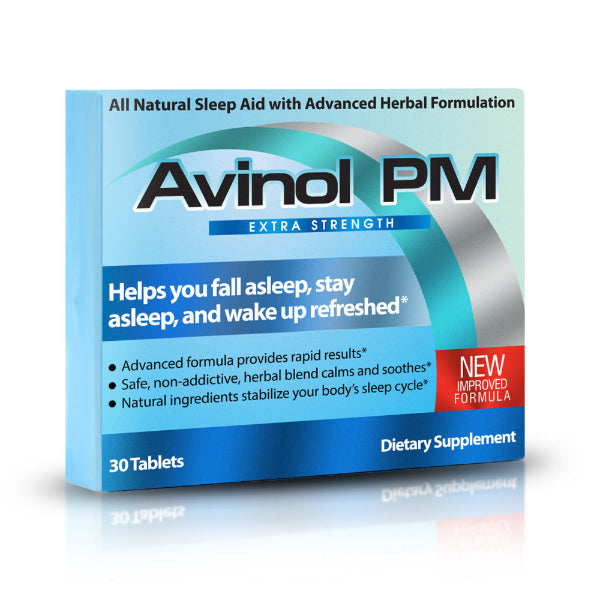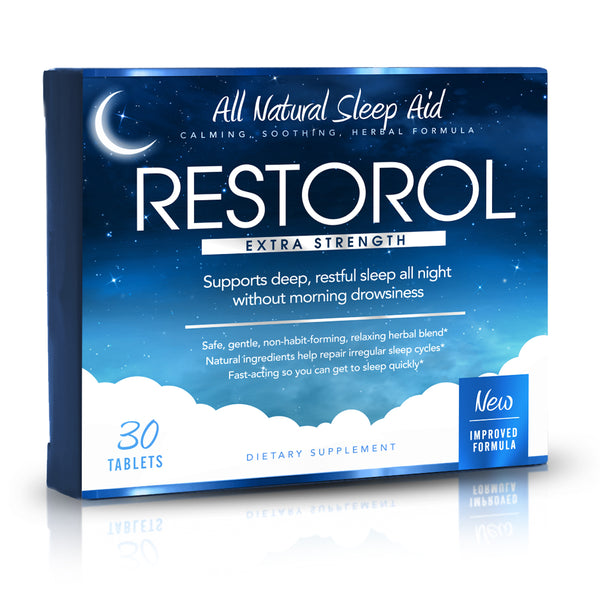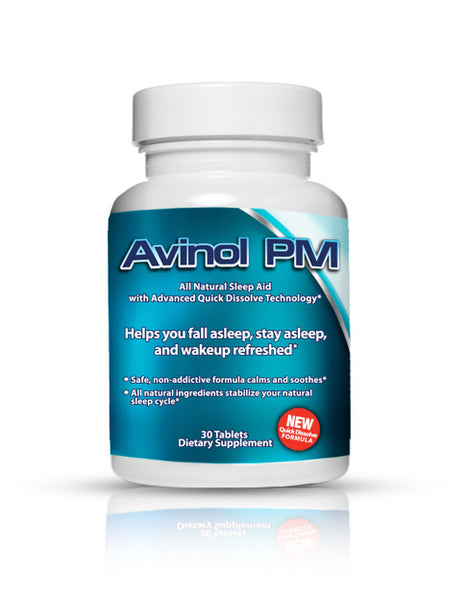The Serious Consequences of Sleep Deprivation
Table of Contents
The occasional sleepless night may have you feeling bad the next day, but if you don't experience them very often, it won't do any permanent damage to your health. However, it can become a serious problem if you struggle to get adequate sleep more than a few times per week. If you're worried that your occasional lack of sleep might be a more serious problem, then you've come to the right place. If you keep reading, you'll learn what the difference is between a poor night's sleep every now and then, and the major problems associated with sleep deprivation.
Early Warning Signs
Early signs of sleep deprivation are pretty much identical to what you would experience from one or two sleepless nights. Nearly 20% of adults in the US alone report that they don't get enough sleep on a daily basis, which means that the problem is a lot more prevalent than most people think.
Typically, a night (or a few nights) of insufficient, poor quality sleep may leave you experiencing the following symptoms:
- Dark circles under your eyes
- Poor decision making skills
- Frequent yawning
- Memory problems
- Dull and/or blemished skin
- Increased hunger (especially for unhealthy foods)
- Impulsivity
- Poor emotional regulation
Every part of your body, from your brain to your skin to your endocrine system and more, is negatively affected by poor sleep. If you get good rest most other nights out of the week, this usually isn't a long term problem. But as you'll see below, if you struggle to get sufficient sleep on a daily or near-daily basis, it can have some serious health consequences.
When Sleep Deprivation Gets Serious
When you keep making frequent and substantial withdrawals from the Bank of Sleep, it will eventually take a serious toll on your body. It can even cause some severe health problems which will not only decrease your quality of life, but shorten your lifespan as well.
Metabolic Disease
Even after a single night of partial or total sleep deprivation, your body starts making hormonal changes in order to compensate. Specifically, ghrelin levels rise (the hormone that makes you hungry) while leptin levels fall (the hormone that makes you feel full). Your body also craves sugary, greasy, processed foods and, thanks to poor decision making - which is another symptom of sleep deprivation - you're more likely to binge on them. Over time, this can lead to weight gain and reduced insulin resistance, which can manifest as Type II Diabetes, obesity, heart disease, and more.
Cognitive Damage
Although we think of the brain and the body as two separate entities, they are much more interconnected than people realize. Lack of proper sleep has an equally detrimental affect on your cognitive processes. While this starts out as occasional forgetfulness and acting more "klutzy", the long-term damage can be very serious. People can develop mood disorders such as depression, or start seeing things and/or hearing voices that aren't there (psychosis). As we mentioned above, your ability to control impulsive thoughts and make rational, well thought out decisions becomes severely compromised. This can make you say things you don't mean and lash out angrily at those around you. It goes beyond "just needing a nap"; it can become a consistent pattern of unstable behavior.
Even worse, advanced sleep deprivation can be fatal. And not just for you personally, either. Everything you do that requires higher levels of cognitive function, from driving a car to working a dangerous job, can become fatally risky. An overwhelming number of accidents each year - from car crashes, industrial accidents, plane crashes, and more - can be directly linked to chronic sleep deprivation. And until society as a whole stops prioritizing an obsessive work ethic over employees' health and wellbeing, the burden of making sure you get the rest you need in order to function at your best rests solely on your shoulders.




